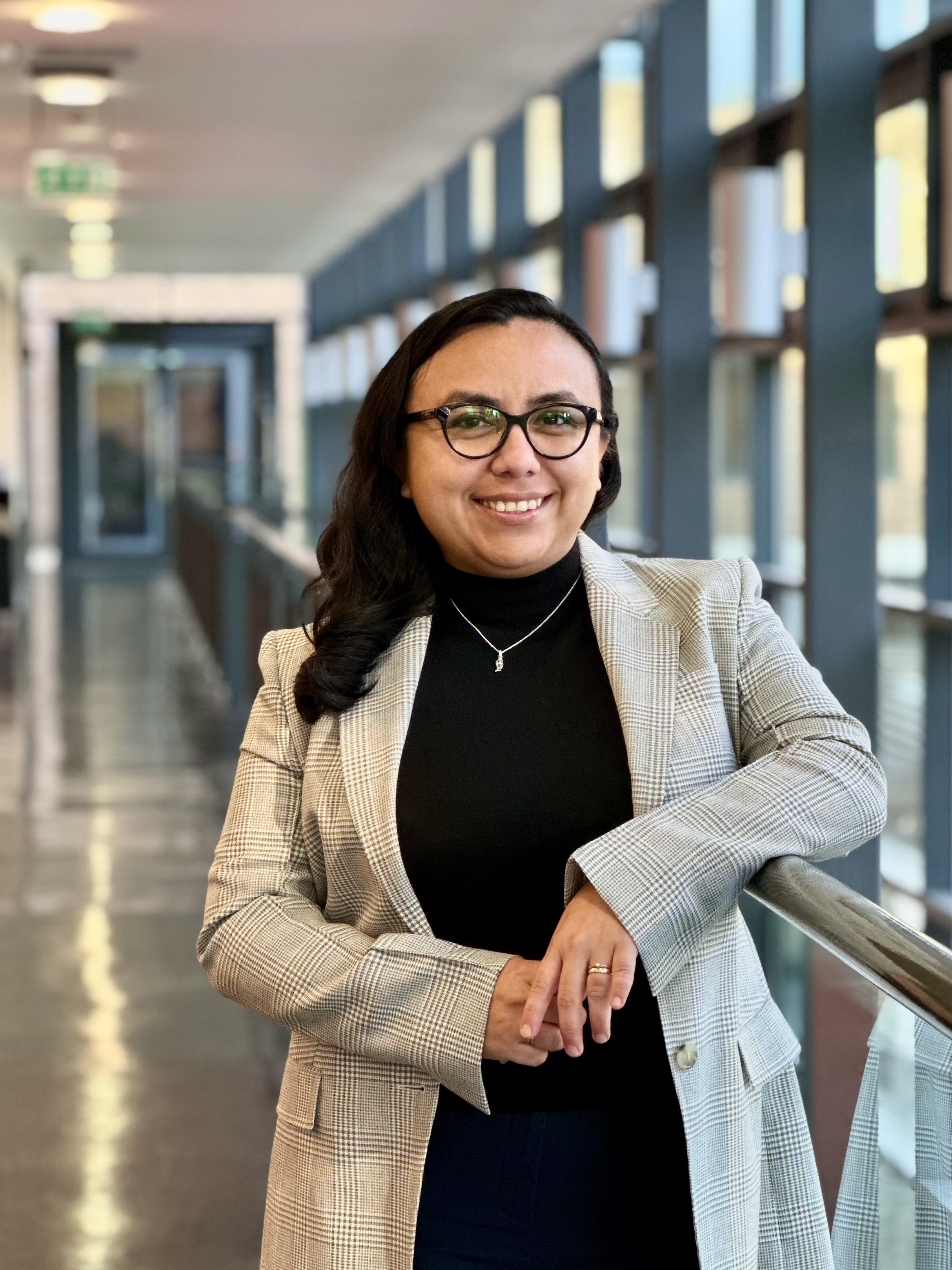The Florence Nightingale Days are part of our continuing efforts to promote mathematical sciences to young women in years 10 and above, who will soon be making crucial choices in their career paths. The Florence Nightingale Day will showcase successful women in mathematics at various stages of their careers, display information about the broad range of possibilities offered by a degree in mathematics or statistics, stimulate informal discussion between pupils and mathematicians and give an opportunity for participants to compare their mathematical skills with their peers in other schools via a quiz.
While Florence Nightingale is well-known for her medical work as a nurse, she was also a pioneer in statistics, especially in the use of visualisation of statistical data. A description of this work may be found in her biography on the MacTutor History of Mathematics archive, along with a large number of biographies of other female mathematicians.





